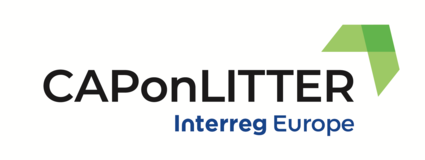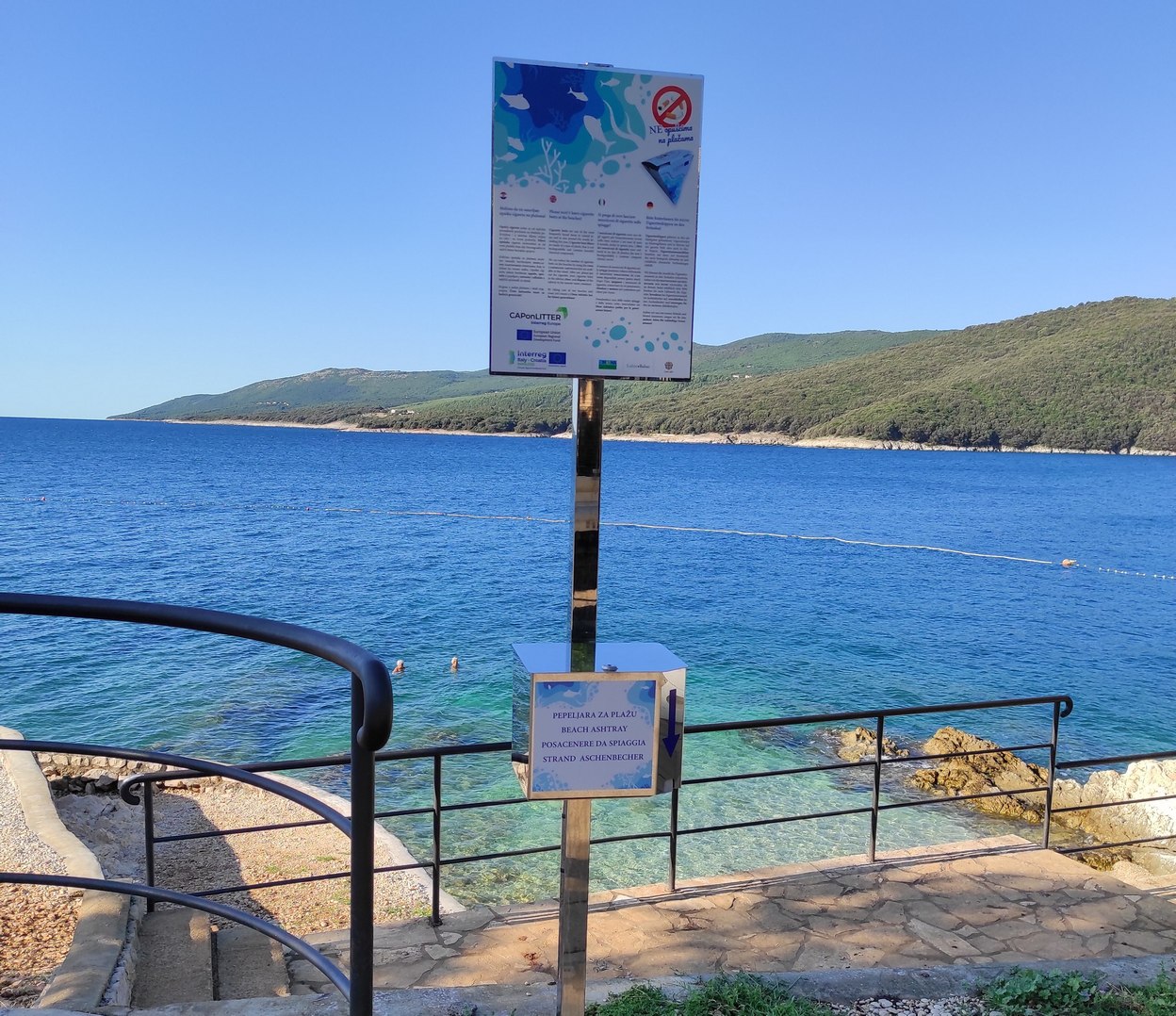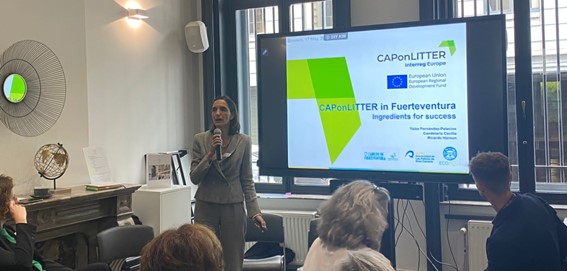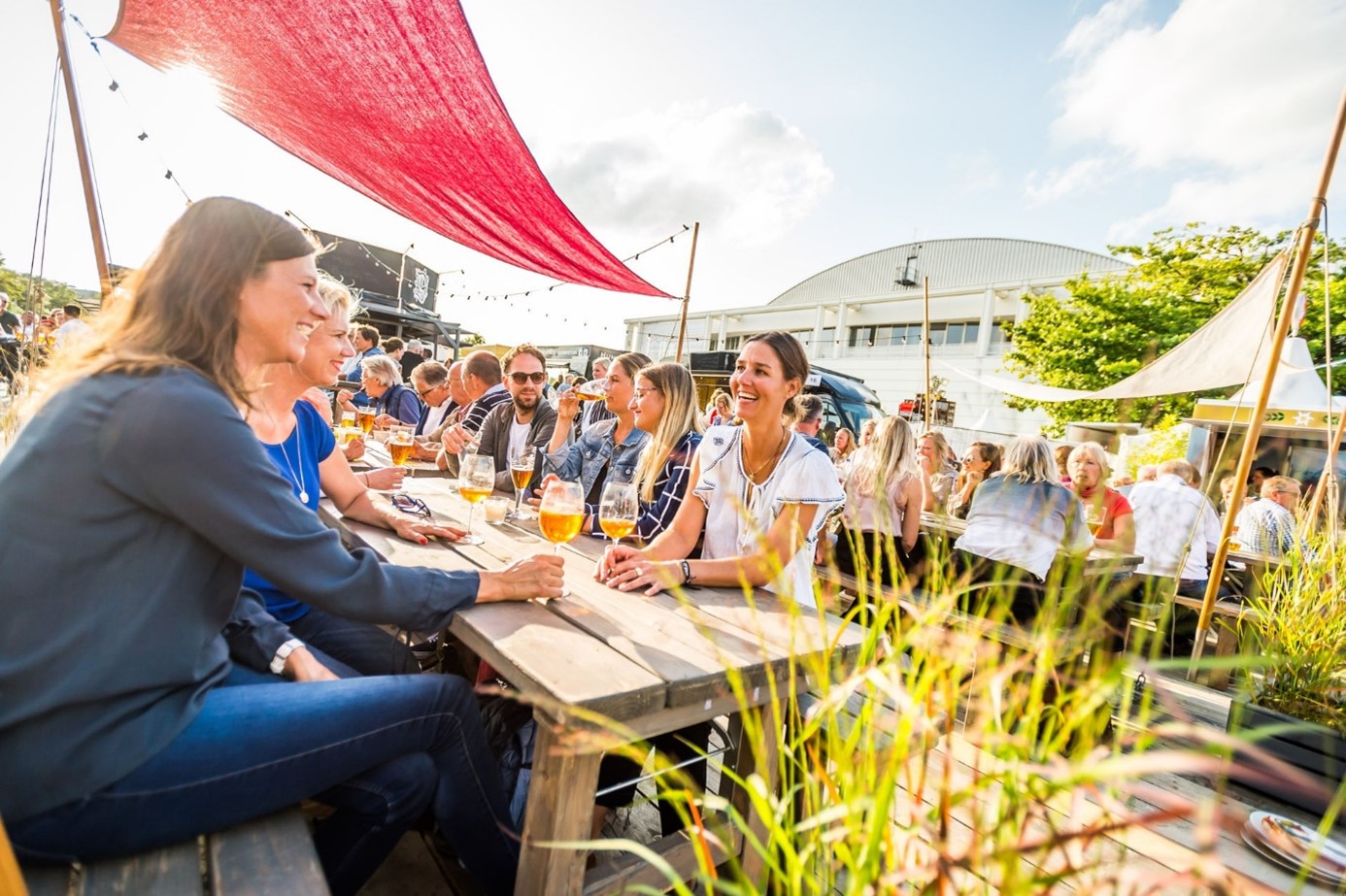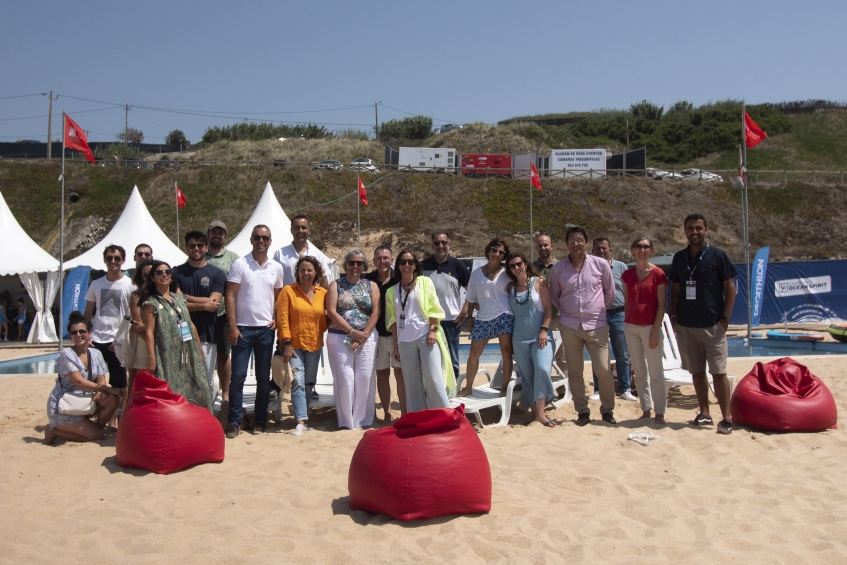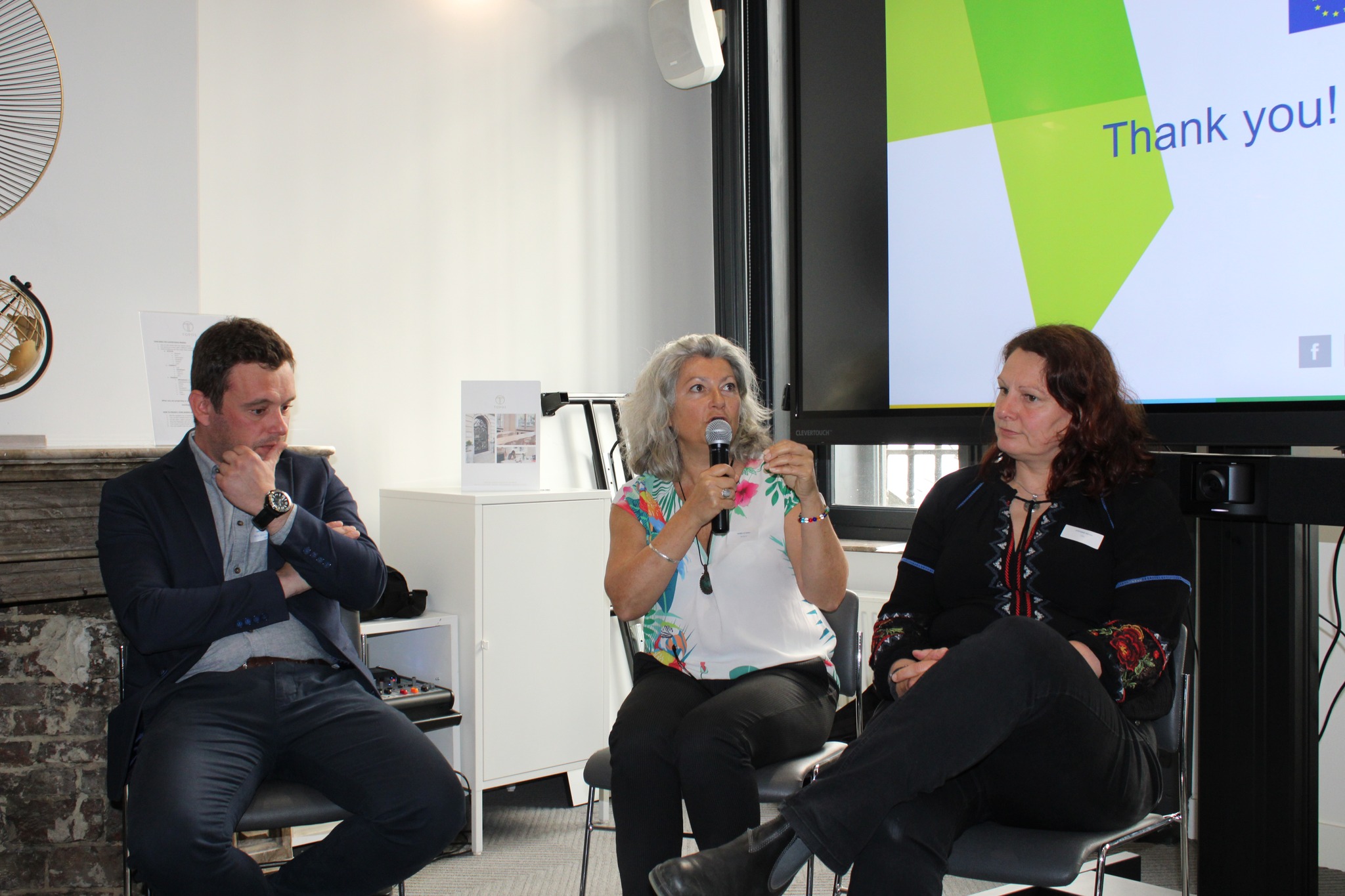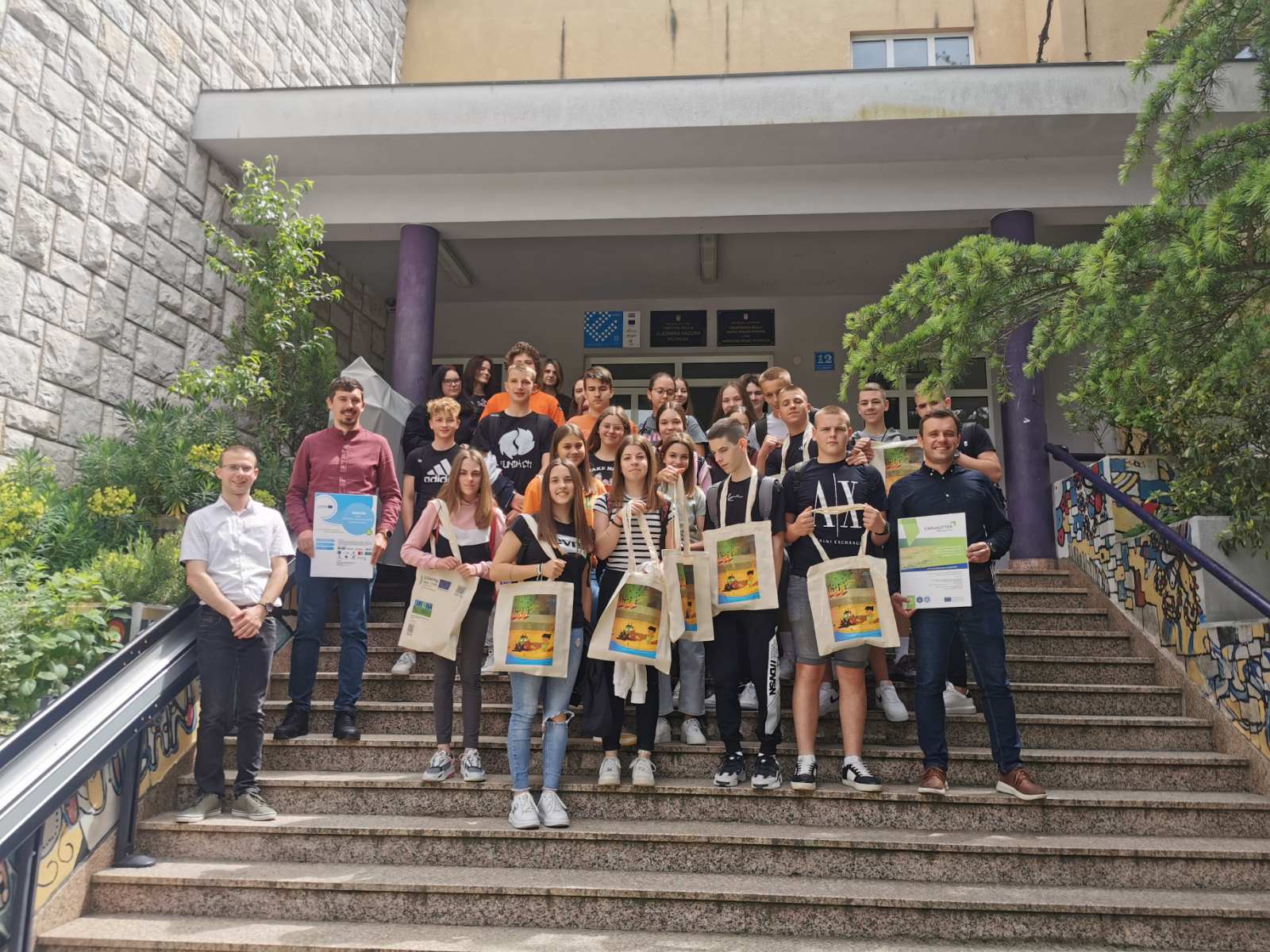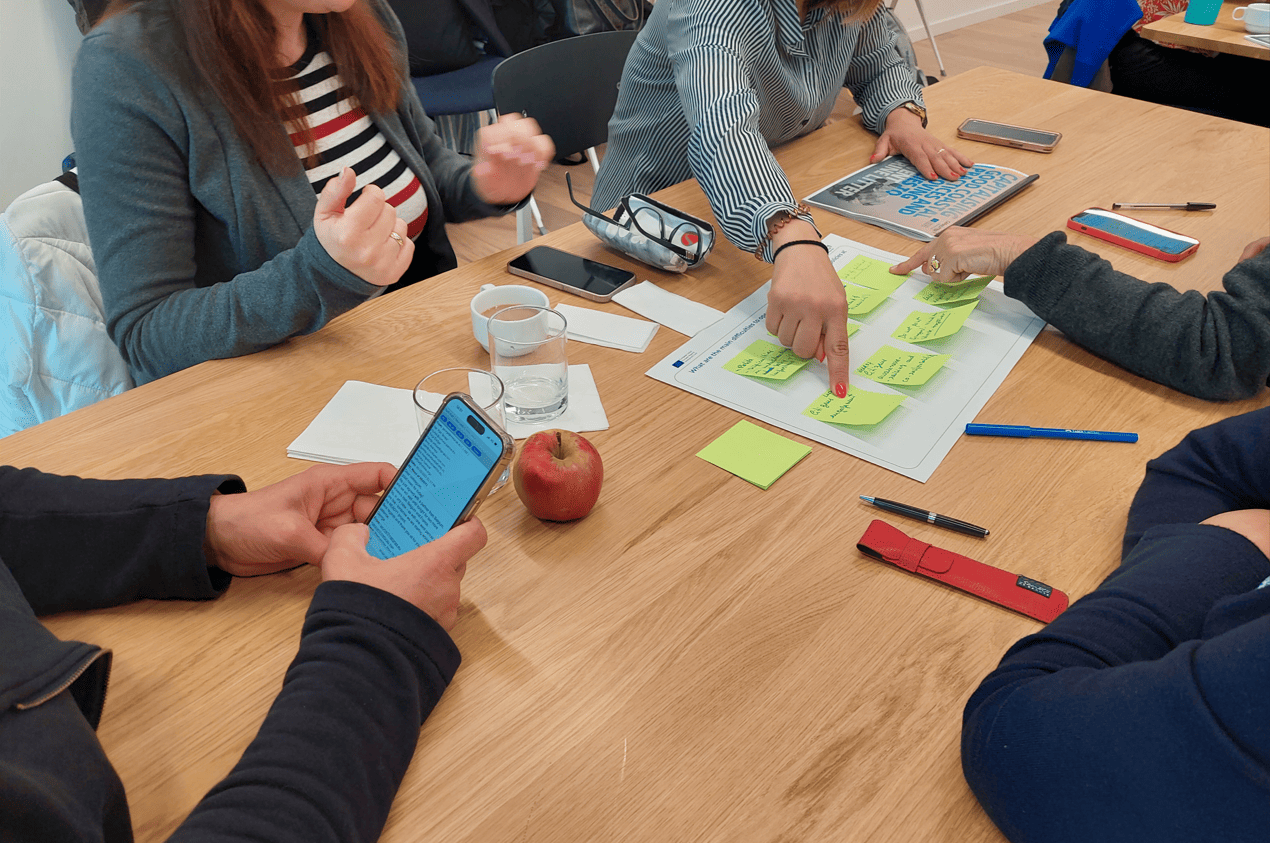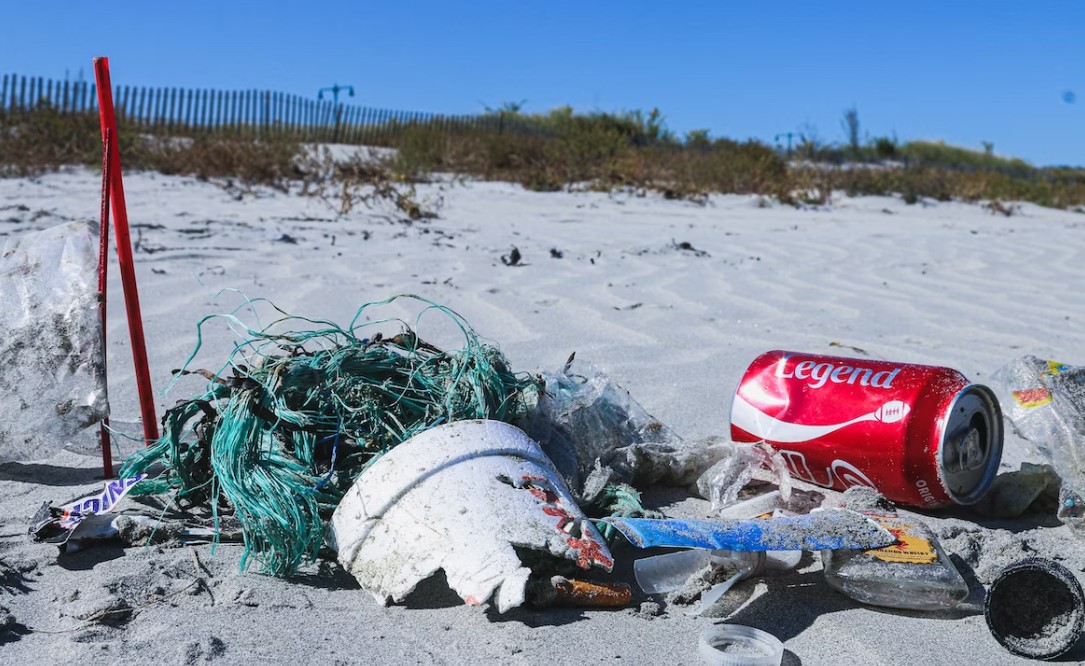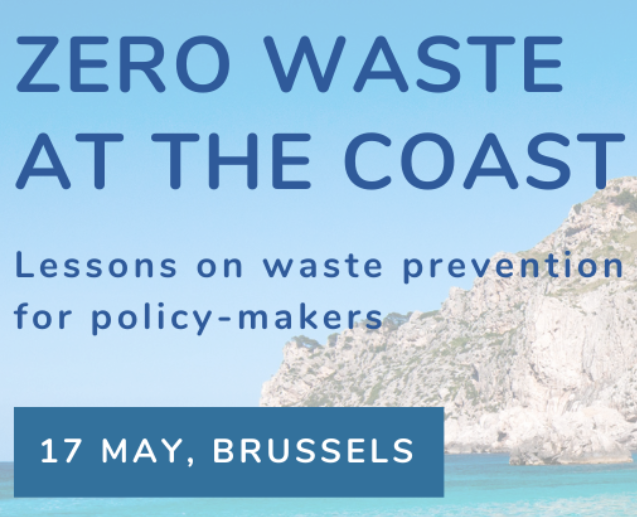More than 20 participants attended the French edition of the 1st Regional Stakeholders Workshop at the Nautical Society of Marseille. It was organized as part of the CAPonLITTER project partner PP7 Association MerTerre.
In accordance with the topic of this event ‘How to turn coastal activities - of tourism and recreation - zero-waste?', the stakeholders were invited to share their own experience and challenges in setting up zero waste beaches/events/coastal community, and the solutions to address them.
Isabelle Poitou, CAPonLITTER Manager Project within PP7, introduced the workshop with her take on the matter: “because marine litter is visible, the history of its material composition, the journey those material took and the possibility for each of us to act concretely and personally at the level that concerns us toward its reduction are made easier. CAPonLITTER project is a practical way for all the stakeholders involved to rise their voices, spread the word about the best practices amongst a large spectrum of people, and work hand in hand with people in charge of the regional political instruments to act at a large scale.”
The main challenges identified by the French stakeholders relied on psycho-social aspects (bad individual behaviors due to the lack of awareness and education regarding the marine litter issue), and technical aspects (lack of willingness from public bodies to implement measures towards a ‘zero waste’ target). The stakeholders then identified some of the best practices to address these challenges.
This regional stakeholder’s workshop was the first of a list of several events that will take place in France, in the next two years as part of the CAPonLITTER project. The other partners of the consortium also organized the same workshop with their regional stakeholders. The results of these workshops were discussed with all partners during the first International Learning Event, which took place in Marseille from 11th to 13th of March. Find more about this event here.
You can find some photos of the first regional stakeholders’ workshop and read the report here.
Follow the Facebook and Twitter pages of the CAPonLITTER project!
